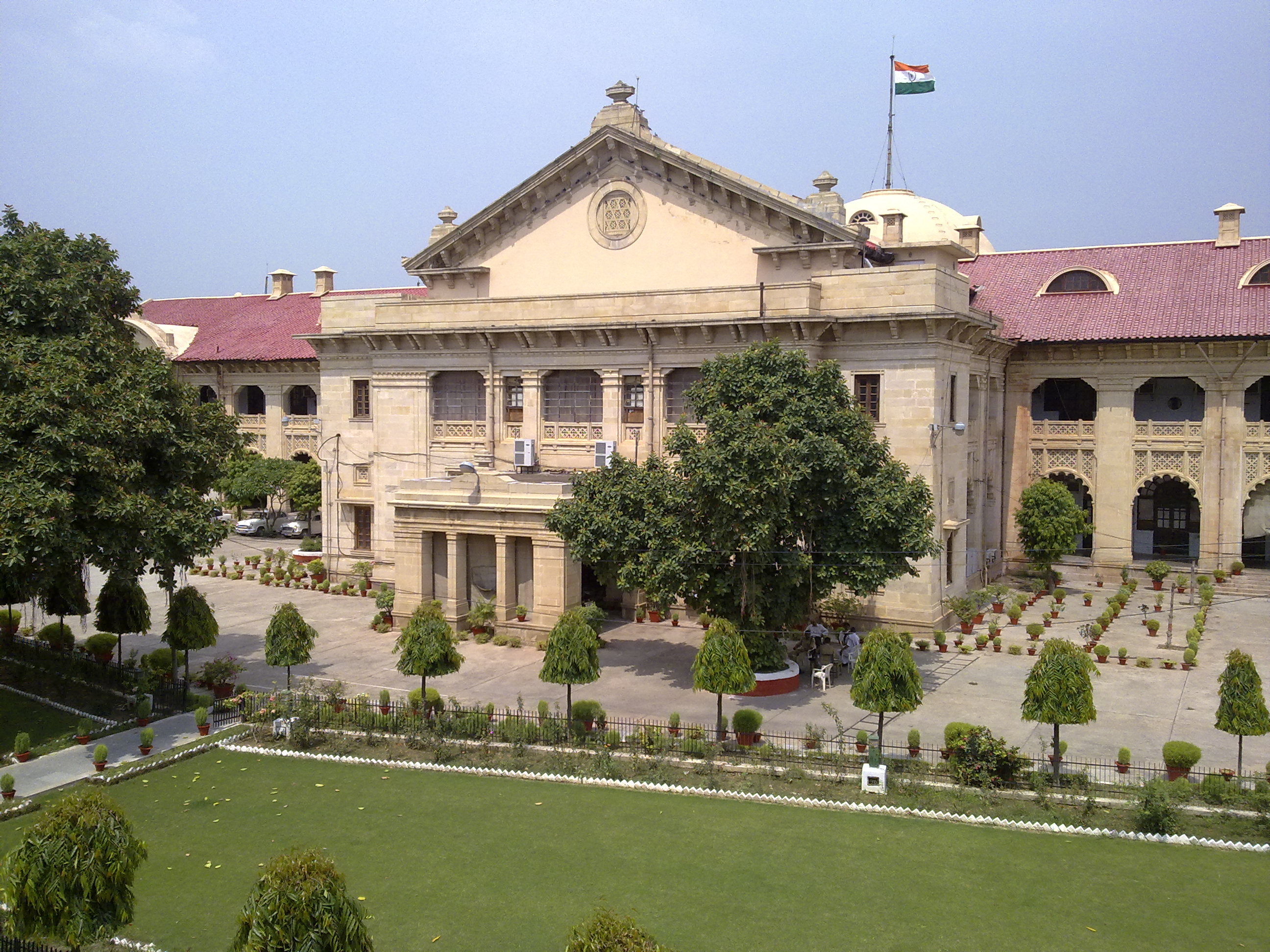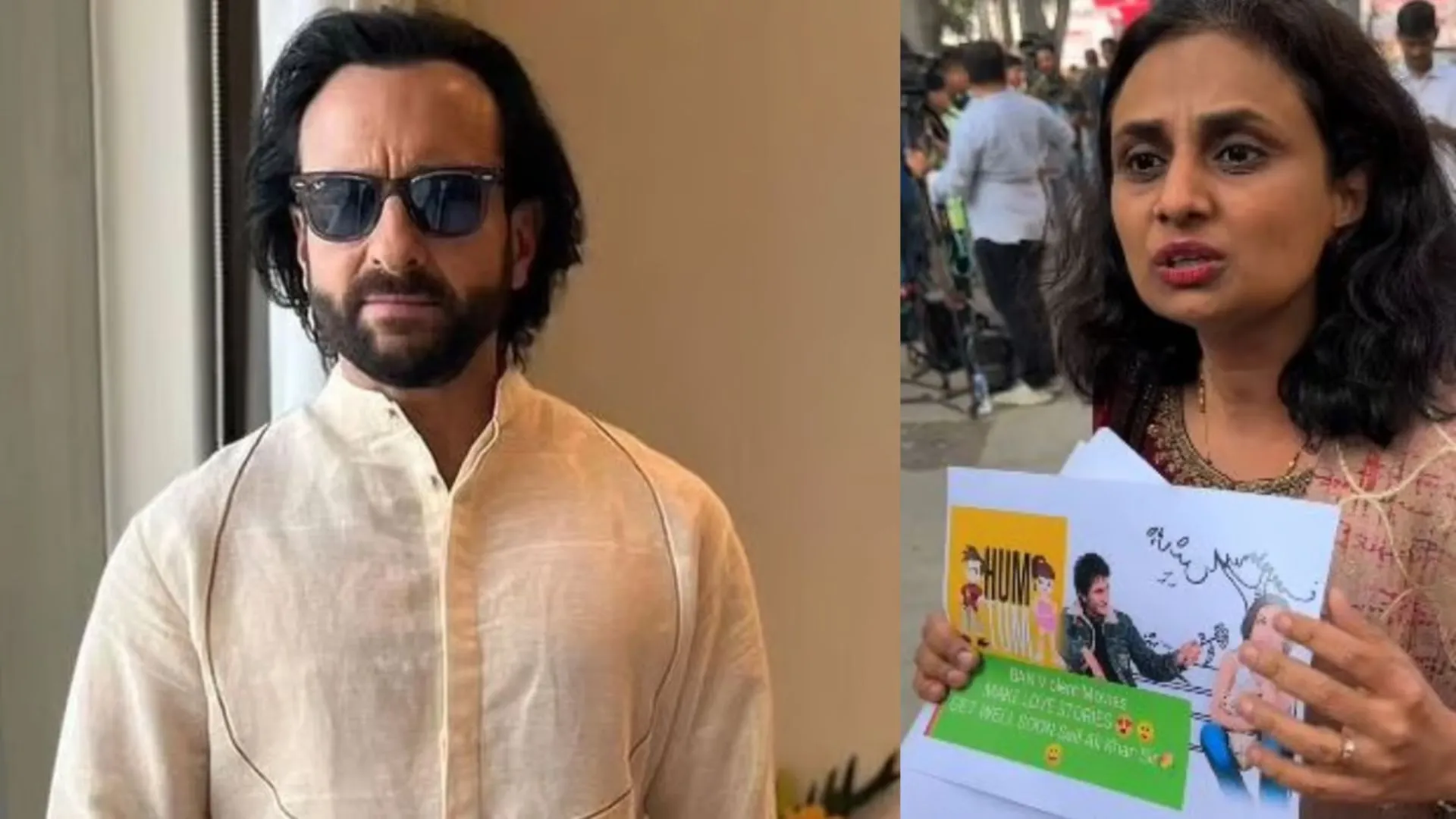The Allahabad High Court in the case observed and has held that the family court ought not to reject an application moved for waving of the statutory six-month cooling off period in the proceedings initiated for divorce in a mechanical manner under Section 13B(2) of the Hindu Marriage Act, 1955.
The bench comprising of Justice Saumitra Dayal Singh and Justice Arun Kumar Singh Deshwal in the case observed and has placed reliance on an earlier decision of the bench headed by Justice Singh in the case Vijay Agarwal v. Smt. Suchita Bansal, wherein it has been held by the court that the cooling off period under the provision is not mandatory. Thus, it is merely directory, and the discretion to waive the same rests with the Court in the matter.
The court in the case observed and has noted that the Family Court had made a ‘superficial observation’ with regards to the parties living separately for more than a year. The Family court in the case observed while rejecting the application that the parties should have taken more time to reconsider their stand regarding their marriage.
Further, the court observed that the parties should have taken more time to reconsider their position and their stand qua their marriage, thus, no fact discussion has emerged in the order as may allow this Court in order to reach a conclusion that the learned court below had found a firm opinion that it was not in the interest of the parties and in the interest of the justice to waive off the requirement of six months.
The court while considering the facts and circumstances of the case stated that the reliance placed on a judgment could not be rejected merely because the parties had not produced a copy of the judgment the parties were relying on. The counsel, Advocate Dharm Vir Jaiswal, Advocate Harsh Vikram appeared for the appellant.

















